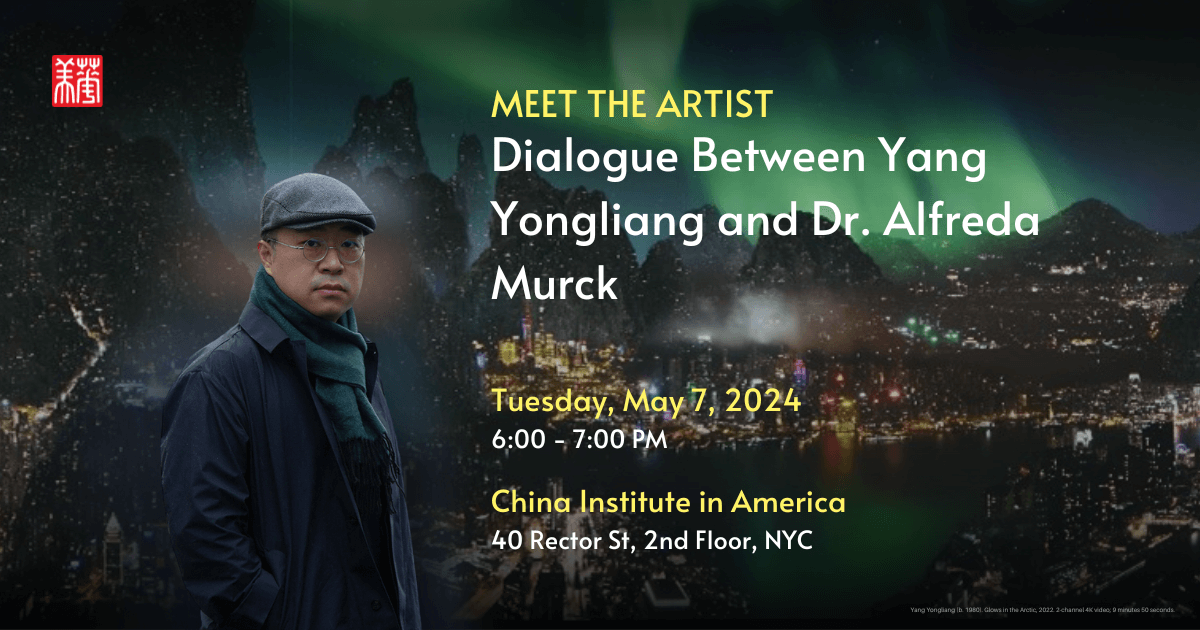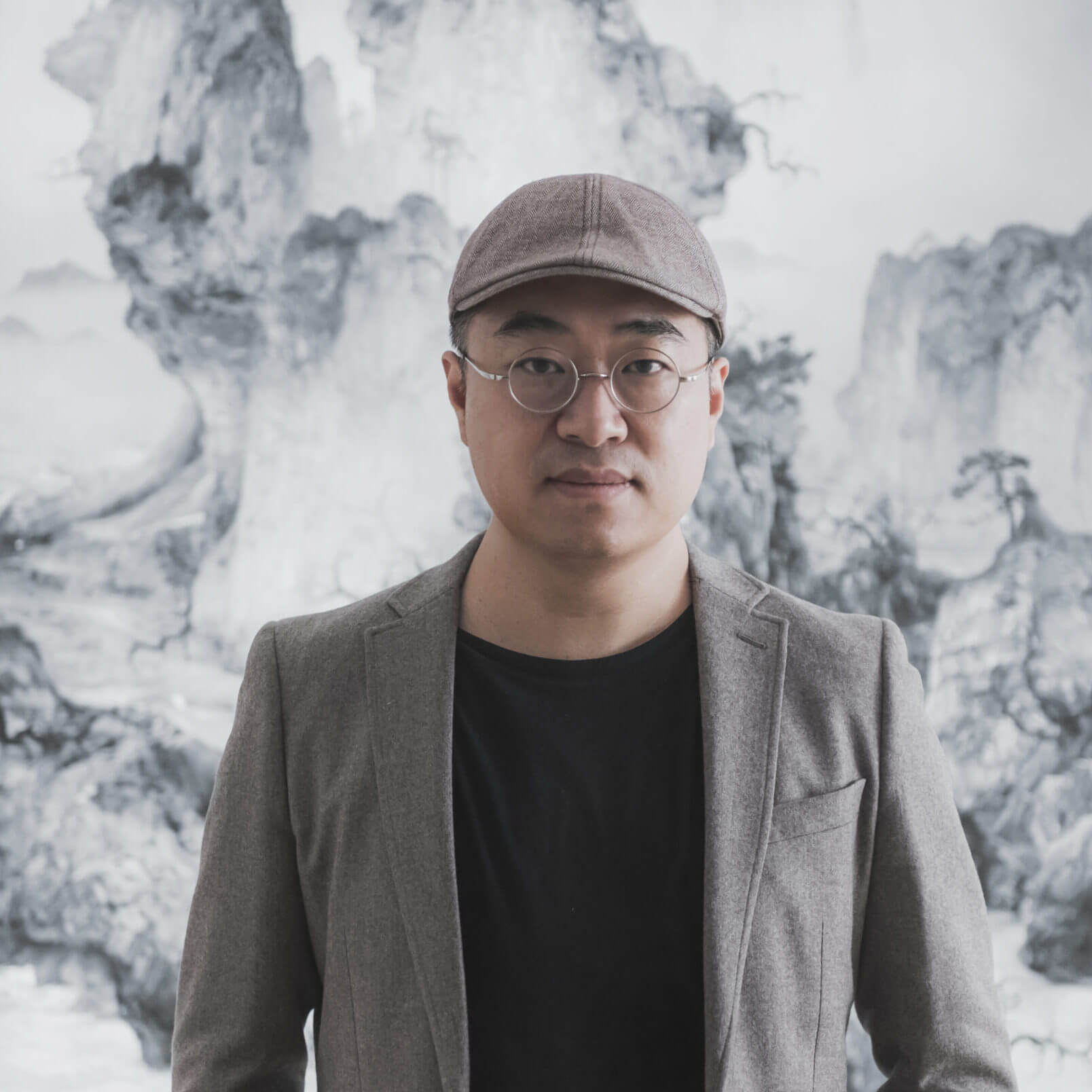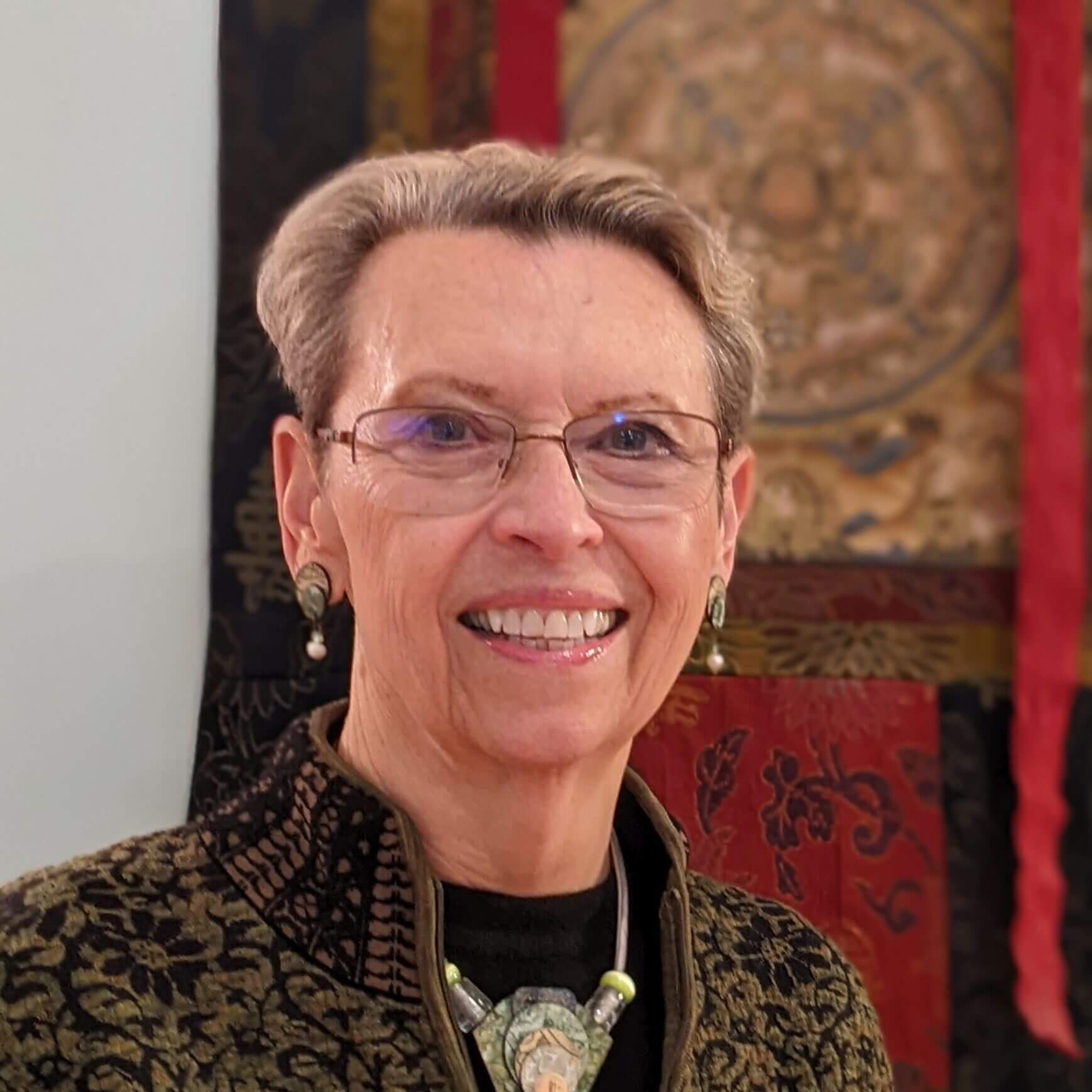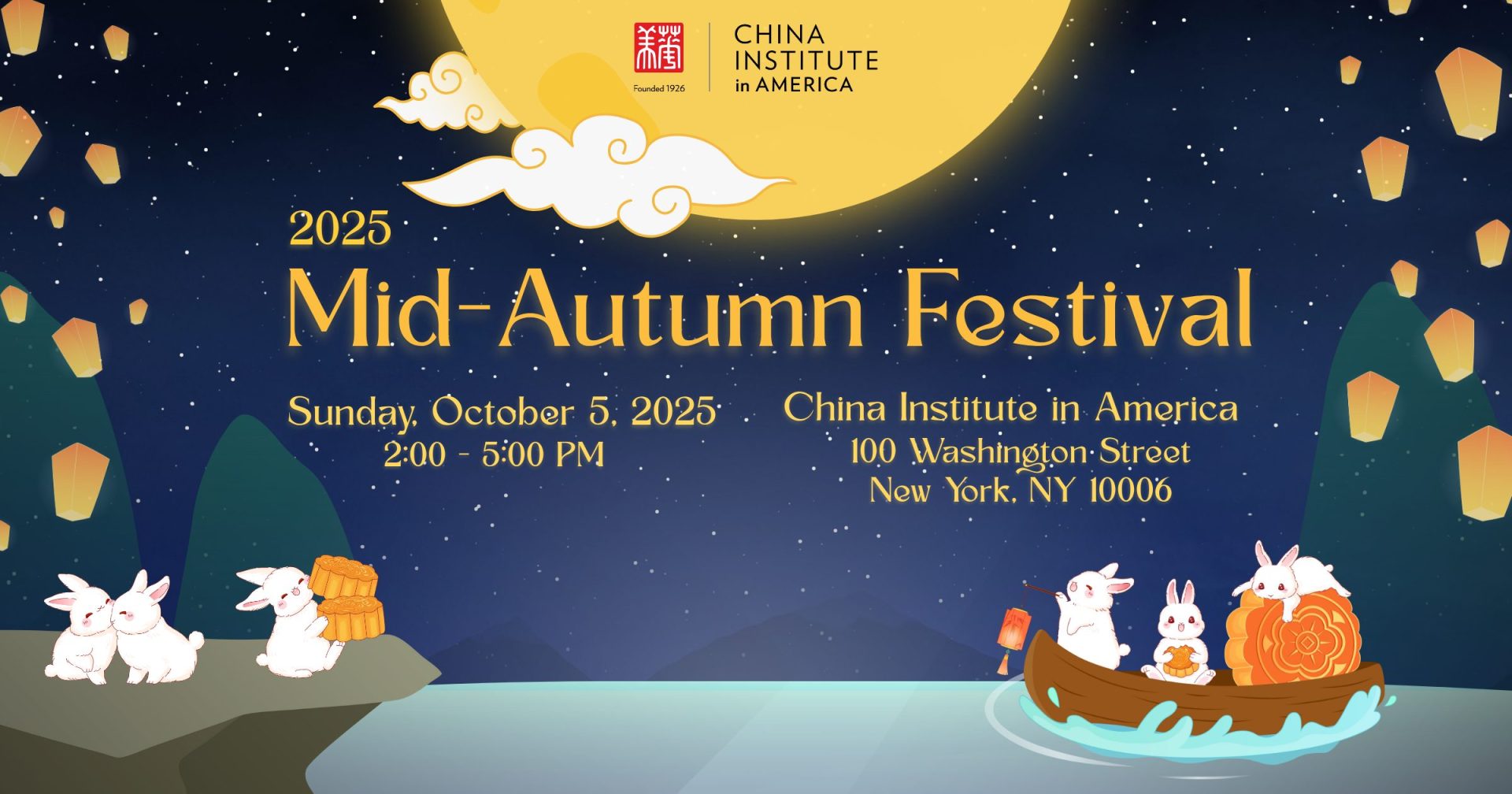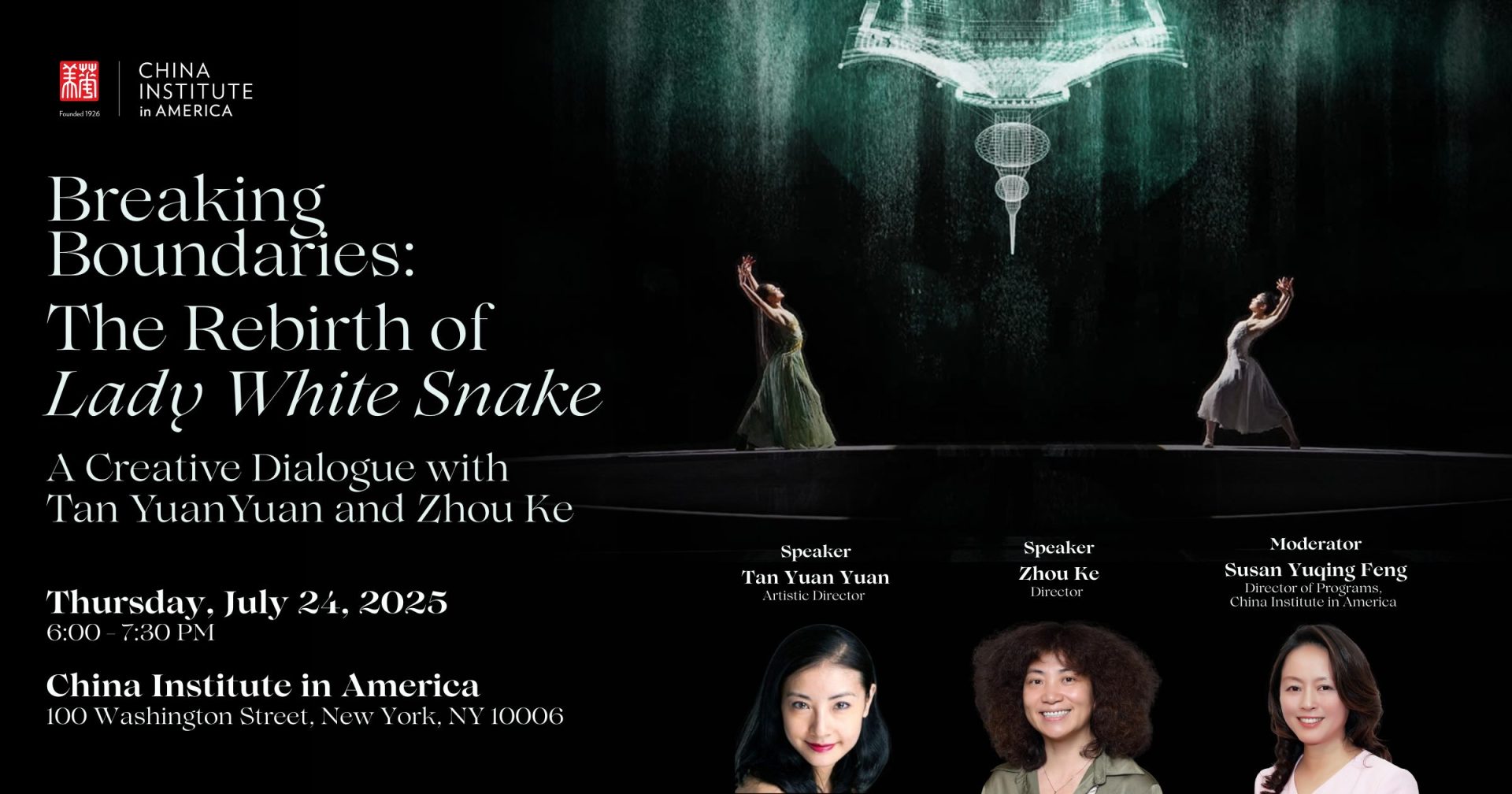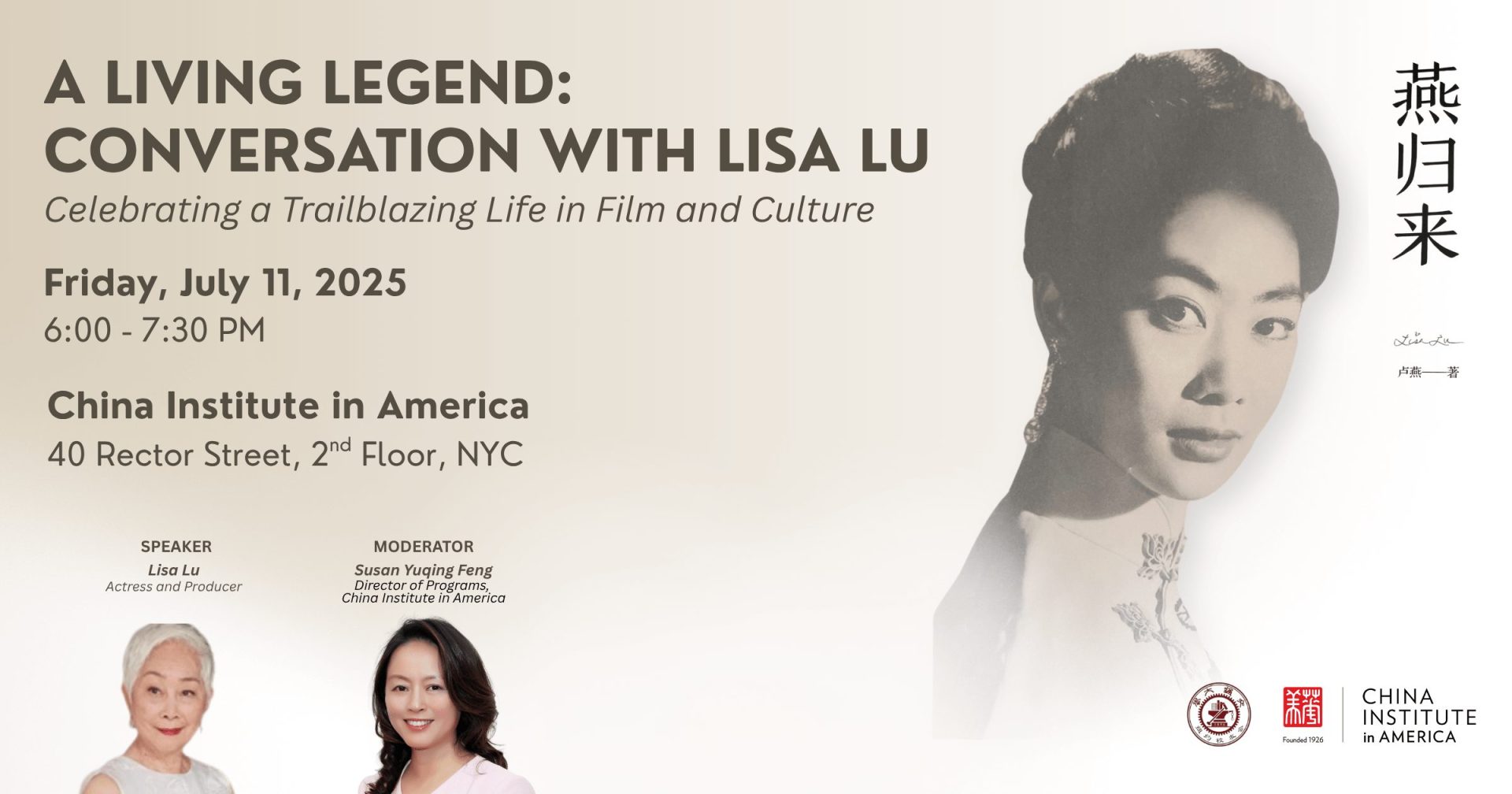Join us for an enlightening evening with a conversation between acclaimed artist Yang Yongliang and Chinese visual culture scholar Alfreda Murck. They will delve into the inspirations and techniques behind Yang’s innovative works. Yang is renowned for his digital collages that blend the aesthetic principles of traditional Chinese shan shui (mountain-water) paintings with contemporary themes, creating visually stunning landscapes that reflect on modern societal issues.
This event is part of our ongoing exhibition, Shan Shui Reboot: Re-envisioning Landscape for a Changing World, which showcases a new generation of artists reinterpreting traditional Chinese landscape painting in response to global changes. Don’t miss this opportunity to gain insight into Yongliang’s artistic process and explore how traditional art forms can offer a unique lens on contemporary life.
Light refreshment will be served.
Schedule
| 5:30 – 6:00 PM | Check-in |
| 6:00 – 6:30 PM | Conversation between Yang Yongliang and Alfreda Murck |
| 6:30 – 7:00 PM | Chat with the Artist |
This program is made possible through the support of the Chinese International Education Foundation, and generous supporters of China Institute in America.
This program is supported, in part, by public funds from the New York City Department of Cultural Affairs in partnership with the City Council.

China Institute in America’s cultural programs are made possible by the New York State Council on the Arts with the support of the Office of the Governor and the New York State Legislature.

